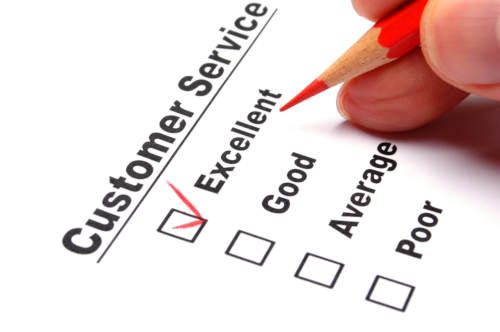
Delivering Successful Presentations
A poorly delivered presentation can frustrate both the audience and the speaker. Capturing attention and speaking confidently is challenging, especially when nerves take over. You might rush through key points or lose your train of thought, making it harder to keep your audience engaged. When a message in a presentation lacks clarity, meetings can drag on, decisions can get delayed, and important ideas can be overlooked.
The impact extends beyond the individual presenter. Poorly structured presentations create confusion, slow productivity, and weaken team alignment. In fact, 77% of people experience a fear of public speaking (PubMed Central), making it one of the most common workplace challenges. Without strong presentation skills, professionals struggle to communicate ideas effectively.
This workshop provides the tools and practice to confidently deliver structured, engaging presentations. Through hands-on activities, you’ll refine your message, organize key points, and use visual aids effectively. You’ll also develop strategies to manage nerves, handle audience questions, and adapt to unexpected challenges, all in a supportive environment with constructive feedback. Additionally, you will be able to practice preparing and delivering a presentation, allowing you to apply what you’ve learned in a real-world setting.
By the end of the session, you’ll have the skills to present more clearly and confidently, whether leading meetings, pitching ideas, or sharing updates. You’ll walk away with greater confidence and a practical approach to making your presentations memorable, effective, and results-driven.

- Create and deliver messages that connect with your audience.
- Identify key information to ensure important points are not missed.
- Organize presentations with a clear structure and logical flow.
- Manage time effectively to stay within the given timeframe.
- Use techniques to engage and maintain the audience's attention.
- Manage nerves and present with more confidence.
- Respond to unexpected situations and manage audience questions with more ease.
- Use visual aids and technology to support and strengthen your message.

This workshop is for anyone wanting to build stronger presentation skills and speak more confidently. Whether leading meetings, sharing updates, or pitching ideas, this session offers practical tools to help you present clearly and keep your audience engaged.
You should attend if you
- Feel nervous or unsure when presenting in front of a group
- Struggle to organize your thoughts or keep your message clear and focused
- Want to improve how you engage your audience and manage their questions
- Need to present ideas or updates in a way that leads to better decisions and alignment
- Have difficulty managing time during presentations
- Work in a role where presenting is part of your regular responsibilities, such as team leader, project manager, executive assistant, or communications professional
By the end of the session, you’ll be better prepared to present in a way that supports your message and keeps people engaged. You’ll walk away with tools you can apply right away to deliver presentations that feel more natural and lead to stronger results.

This workshop is structured around planning, practising, and reflecting on presentation delivery. You’ll work through a series of guided activities to prepare key messages, structure your content, and test different approaches to engaging an audience. Throughout the session, you’ll practise short segments of delivery, observe others, and receive real-time feedback in a supportive environment. Group discussion and self-assessment give you space to refine your style and build confidence.
You’ll also receive a workbook with speaking tips, presentation tools, and planning checklists to support you beyond the session.
Workshop activities include
- Preparing short presentations using a structured planning tool
- Practising delivery in small groups
- Observing and reflecting on different presentation styles
- Giving and receiving feedback from peers and the facilitator
- Exploring tone, pacing, and body language through targeted practice
- Using audience engagement strategies in real-time exercises
- Creating a personal action plan





